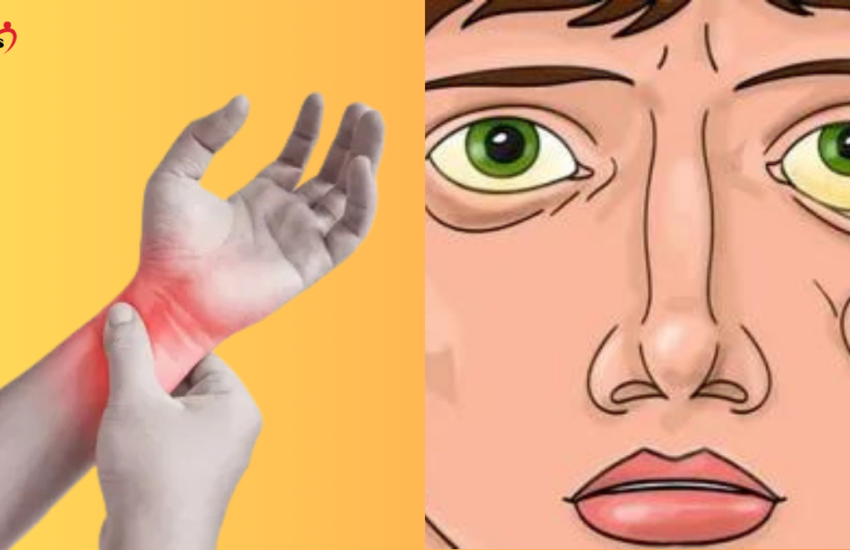One look inside the toilet can tell you whether you’re healthy or not.
Your health can often be assessed through the various signs your body sends you, and one of the most obvious indicators is what you find in your toilet. While it may not be the most attractive topic, your urine is a key player in understanding your overall health. The color, frequency, and consistency of your urine can provide valuable insights into hydration, kidney function, diet, and even underlying medical conditions. So, the next time you visit the bathroom, take a moment to observe your pee—it may reveal more than you think.
Color: The Key to Hydration
The color of your urine is the easiest and quickest way to check your hydration levels. Ideally, healthy urine should be pale yellow or straw-colored. This indicates that your body is well-hydrated, and that your kidneys are working properly to flush out waste without increasing the concentration of your urine.
If your urine is completely clear, it could mean that you are drinking too much water, which can dilute essential electrolytes in your body. On the other hand, if your urine is darker in color—from amber to deep yellow—it is a sign of dehydration. Dark urine occurs when the body tries to retain water, resulting in a higher concentration of waste.
Red or Pink: Blood in Urine
While occasional foods like beets or certain medications can cause red or pink urine, persistent redness can be cause for concern. Blood in the urine, a condition known as hematuria, can indicate kidney stones or urinary tract infections (UTIs), or in rare cases, more serious problems like bladder or kidney cancer. If you notice that your urine has a red or pink tint and it doesn’t go away within a day or two, it’s important to seek medical attention for further evaluation.
Cloudy or Cloudy Urine: Infection or Other Health Problems
Cloudy or cloudy urine often indicates an infection or the presence of crystals. One common cause of cloudy urine is a urinary tract infection (UTI), which occurs when bacteria infect the urinary tract. In addition to cloudy urine, a UTI can also cause pain or a burning sensation during urination, a frequent urge to urinate, and even a fever.
Cloudy urine can also be a sign of kidney stones, which occur when mineral deposits form in the kidneys. In such cases, the urine may appear cloudy due to the presence of small particles or blood.
Foamy or frothy urine: Protein in the urine
Foamy or frothy urine, especially if it is persistent, may indicate the presence of excess protein in the urine, a condition known as proteinuria. This can be a sign of kidney damage or disease, as healthy kidneys normally filter excess proteins from the bloodstream. If you notice foamy urine consistently, it is advisable to consult a doctor for further testing, such as a kidney function test, to rule out kidney disease or other medical conditions.
Strong odor: Dehydration or infection
The odor of urine can also provide clues about your health. While urine usually has a mild odor, a strong or foul odor can be a sign of dehydration. When you are dehydrated, your urine becomes more concentrated, resulting in a strong odor.
On the other hand, a fruity or sweet smelling urine could indicate a potential health issue, such as diabetes. When blood sugar levels are out of control, the body begins to break down fat for energy, releasing compounds called ketones that can be detected in urine. If you notice a sweet smell, it’s important to check your blood sugar levels and consult a doctor.
Frequent urination: A potential health concern
If you find yourself constantly running to the bathroom, it could be a sign of an underlying health issue. While frequent urination is sometimes caused by excessive fluid intake, it can also indicate diabetes, an overactive bladder, or a urinary tract infection. In some cases, it may be linked to prostate problems in men or pregnancy in women.
Final Thoughts
Urine can serve as a useful health barometer, providing crucial information about your hydration status, kidney function, and even signs of potential medical conditions. By paying attention to the color, smell, consistency, and frequency of your urine, you can spot early warning signs of health issues and take proactive steps to stay healthy. So, the next time you go to the toilet, take a moment to notice – your body is trying to tell you something important.



